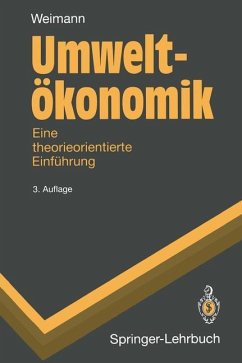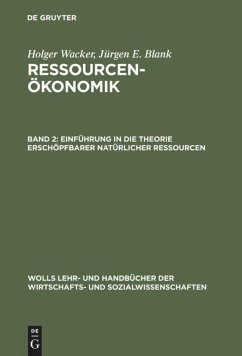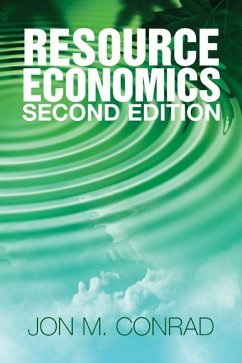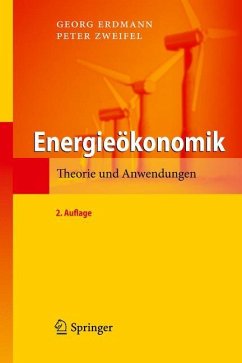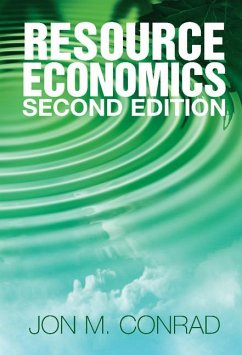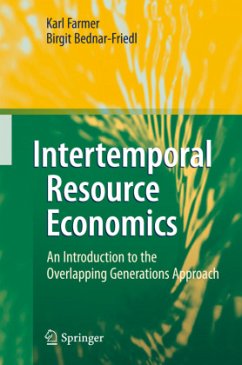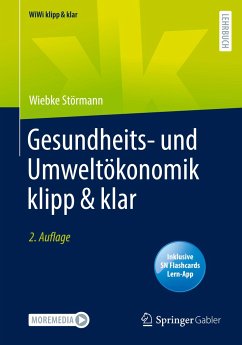Nicht lieferbar
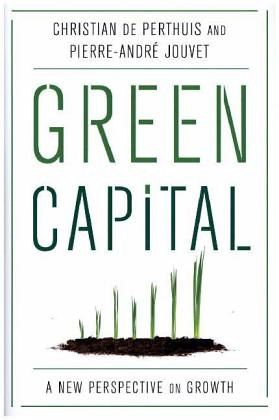
Green Capital
A New Perspective on Growth
Übersetzung: Westlake, Michael
Versandkostenfrei!
Nicht lieferbar
Challenging the certainty that ecological preservation is incompatible with economic growth, Green Capital shifts the focus from the scarcity of raw materials to the deterioration of the great natural regulatory functions (such as the climate system, the water cycle, and biodiversity). While we can find substitutes for scarce natural resources, we cannot replace a natural regulatory system, which is incredibly complex. It is then essential to introduce a new price into the economy that measures the costs of damage to these regulatory functions. This shift in perspective justifies such innovati...
Challenging the certainty that ecological preservation is incompatible with economic growth, Green Capital shifts the focus from the scarcity of raw materials to the deterioration of the great natural regulatory functions (such as the climate system, the water cycle, and biodiversity). While we can find substitutes for scarce natural resources, we cannot replace a natural regulatory system, which is incredibly complex. It is then essential to introduce a new price into the economy that measures the costs of damage to these regulatory functions. This shift in perspective justifies such innovations as the carbon tax, which addresses not the scarcity of carbon but the inability of the atmosphere to absorb large amounts of carbon without upsetting the climate system.






